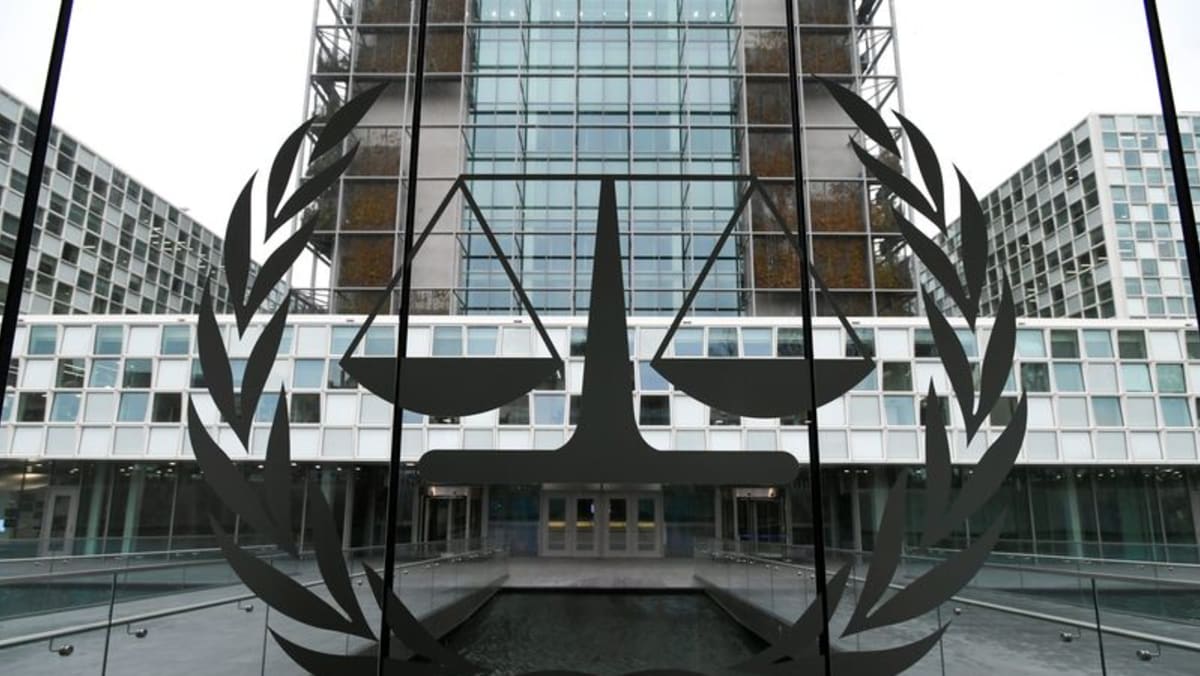KAMPALA, Uganda: Plastic water bottles that used to clog drainage channels in the Ugandan town of Kayunga are being turned into “eco-bottle bricks”, which are then used to build water tanks for the community.
These are part of the East African nation’s efforts to tackle single-use plastics, a problem that has plagued the world for years.
The efforts by local non-governmental organisations in the country come as global talks on ending plastic pollution advance.
In the fourth round of talks that ended on Monday (Apr 29), the Intergovernmental Negotiating Committee on Plastic Pollution discussed for the first time the text of what will eventually form a global treaty.
The most contentious point of discussion was the idea of limiting how much plastic is manufactured.
The committee, which met in Canada, will meet for the final time later this year in South Korea
OVER 13,000 TONNES OF PLASTIC GENERATED YEARLY
Uganda’s actions are part of Africa’s commitment to eradicating plastic from its part of the world.
At a recent United Nations climate meeting in Nairobi, African nations committed to ending plastic use and to investing in recycling and waste management infrastructure.
Rwanda, Kenya and Somalia have successfully banned single-use plastic so far, but not Uganda.
According to the National Environment Management Authority, its capital Kampala produces more than 13,000 tonnes of plastic every year. Nearly half of that is not properly disposed of or recycled.
Initiatives in Uganda, such as the Ghetto Research Lab, hope the outcomes of the global meeting in Canada will help support its work in designing solutions for a plastic-free future.
The local charity, which supports women living in slums, has trained residents in Kayunga on plastic waste management.
“Our organisation brings people together, especially the women who use plastics, who go to the shops to buy sugar and can’t reuse the polythene. We give them lessons and ideas like bottle bricks, pavers, pole making which are all plastic and get rid of them,” said Ghetto Research Lab founder Patrick Majuzi.
Kayunga townswomen have used their training to pack bottles with discarded plastic, before compacting the bottles to make them strong enough for construction.
These bottles are then made into eco-bricks to build water tanks for their community, which lacks access to clean water.
 A water tank in Kayunga, Uganda made from plastic waste.
A water tank in Kayunga, Uganda made from plastic waste.
Kayunga resident Lydia Nakalembe said the bottles are typically littered around the town. Such uncollected plastic is washed away into drainage channels, blocking them and leading to flooding.
Ms Nakalembe told CNA: “Now we know what to do with them and it’s helped in keeping the environment clean.
“Our gardens are no longer littered with plastic because even after 10 years. plastic never rots; it instead damages the soil.”
Environmentalists have also warned of the need for greater awareness about the harmful effects of plastic waste.
Mr Onesmus Mugyenyi, deputy executive director of Uganda-based think tank Advocates Coalition for Development and Environment, said they need to send a message to the community that polythene and plastic are dangerous for the environment as well as the health of people, animals and the ecosystem.
“I think that message has not sunk into the minds of citizens and (they) don’t appreciate the dangers of polythene bags,” he added.












 English (US) ·
English (US) ·  Turkish (TR) ·
Turkish (TR) ·